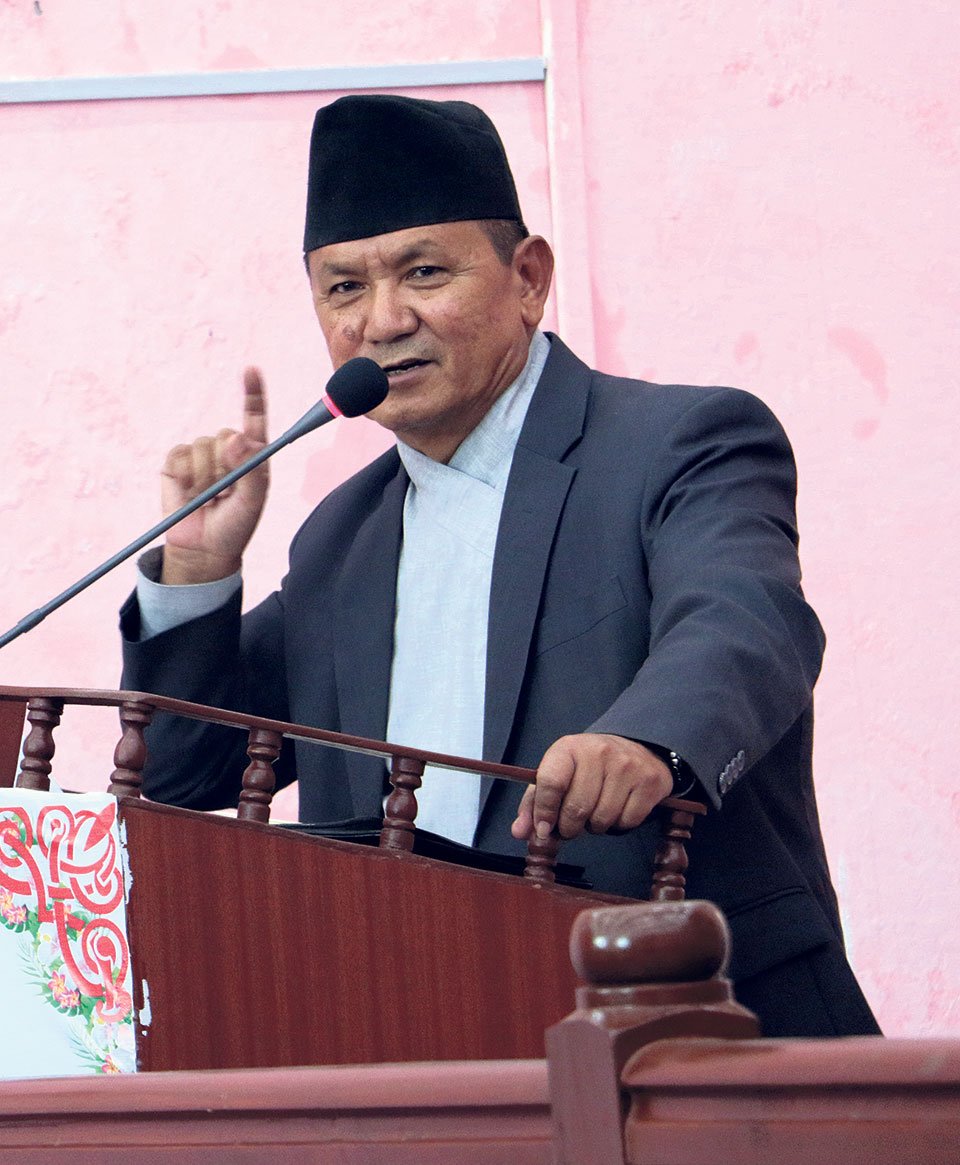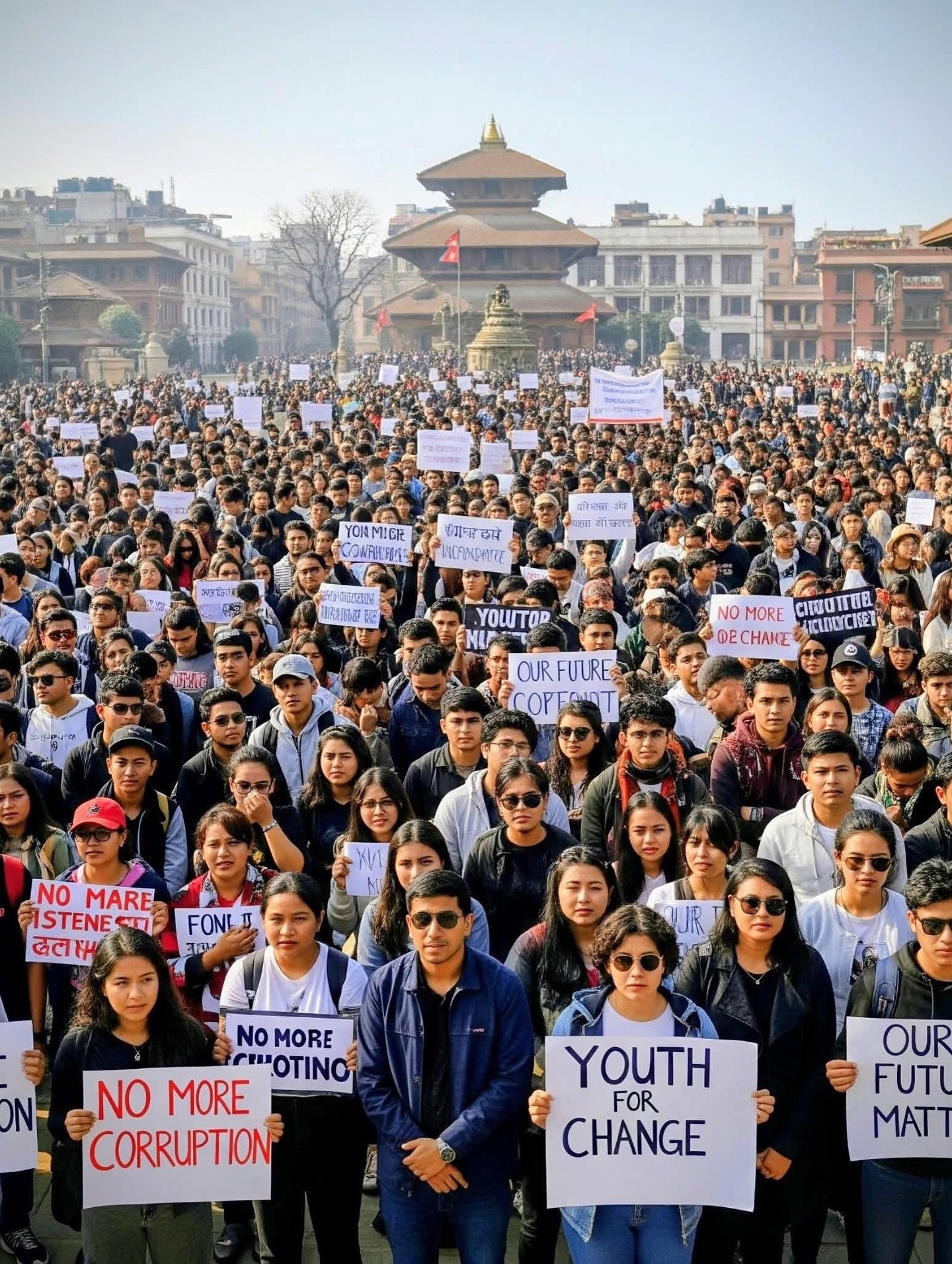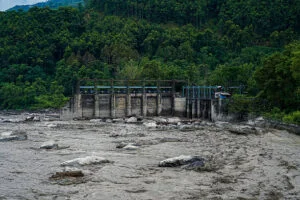By Ramesh Gurung • Frontline • Sep 06, 2025 22:48 PM • 91 views

Nepal's Minister for Communications and Information Technology, Prithvi Subba Gurung, has confirmed the government's decision to block major social media platforms. In an announcement on Thursday, he stated that the ban was a direct result of the companies' failure to register and comply with local laws and the "Directive on Regulating the Use of Social Media, 2023."Nepal’s government has enforced a sweeping ban on 26 social media platforms, including global giants like Facebook, Instagram, YouTube, X (formerly Twitter), WhatsApp, and LinkedIn. The move comes after these companies failed to register with the Ministry of Communication and Information Technology (MoCIT) by a seven-day deadline ending September 4, 2025. The registration is mandated under the Directive on Regulating the Use of Social Media, 2023, which requires platforms to establish a local liaison office, appoint grievance and compliance officers, and obtain a renewable three-year license.

As of September 5, only two companies had officially responded: Hamro Patro (a Nepali app) submitted full documentation, while X (via its Singapore regional office) requested a list of requirements. Meta, parent company of Facebook and Instagram, had informally signaled compliance but provided no formal correspondence.
The ban follows a Supreme Court directive ordering all online platforms to register with the government. The regulations aim to curb cybercrime, hate speech, and misinformation while ensuring tax compliance. Platforms must designate local representatives, handle user grievances, and moderate content deemed harmful to Nepal’s "sovereignty, social harmony, or religious unity". Critically, the proposed Social Media Bill, 2081—still under parliamentary debate—would cement these rules and impose fines up to NPR 10 million ($75,000) for non-compliant platforms. Critics argue the bill enables censorship and violates constitutional rights to free expression.
Economic and Social Disruption are pilled up and interupting to new Nepal boomer in world teck emerging market in the world.Telecom providers warn of severe revenue losses. Ncell reported that 50% of its internet traffic comes from social media, and past bans (e.g., TikTok’s 9-month blockage in 2023–24) cost the industry NPR 5 billion collectively. Small businesses, influencers, and online sellers reliant on platforms like Facebook and Instagram have migrated to registered apps like TikTok and Viber, causing server slowdowns due to surged demand . Access remains inconsistent as providers gradually implement blocks through IP and DNS filtering. The Internet Service Providers Association of Nepal (ISPAN) stated full enforcement may take days .
It's wide spread concern all about the Public and Institutional Backlash.The ban has triggered widespread condemnation. The National Human Rights Commission called it a "violation of fundamental rights" and urged a review.The Federation of Nepali Journalists and 22 civil society groups warned it undermines press freedom and citizen journalism. Opposition parties, including the CPN (Maoist Centre), decried the move as "anti-democratic". Rights advocates like Digital Rights Nepal argue that while regulation is needed, abrupt bans lack legal infrastructure and alternatives.
This is not new block as Nepal government's go ahead step about Global Context and Precedents.Nepal joins countries like China, Turkey, and Russia in enforcing local compliance for tech firms. Previous bans on TikTok (2023) and Telegram (July 2025) were reversed after companies agreed to register. Experts suggest global platforms may eventually comply but note Nepal’s market is small relative to their global operations.
The government insists the ban is temporary until platforms register. However, with heightened protests and economic pressures, a rollback similar to the TikTok unban in August 2024 is possible. Users are increasingly turning to VPNs to bypass restrictions, while businesses adapt to registered platforms .
For now, Nepal’s digital landscape remains divided, reflecting a global struggle to balance regulation with open access.
Tags:



